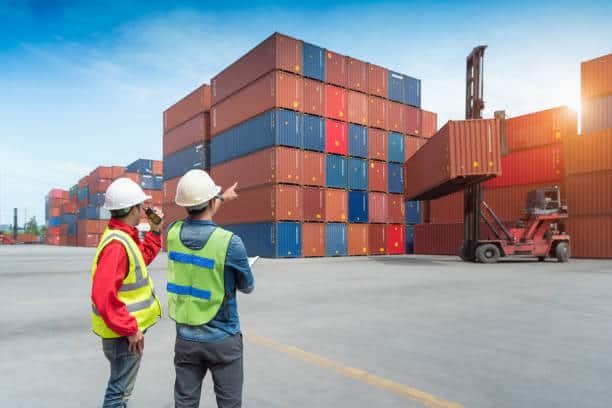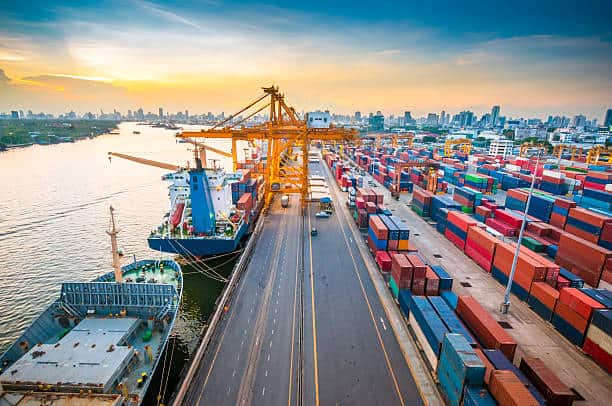Supply Chain Veteran to Lead Industrial and Logistics Real Estate Services in Strategic Expansion
A leading real estate advisory firm has strengthened its industrial and logistics division with the appointment of an experienced supply chain professional to lead its industrial real estate services. Bringing over two decades of high-level expertise in logistics and supply chain management, the new Managing Partner is set to drive growth and innovation, focusing on…
Details









